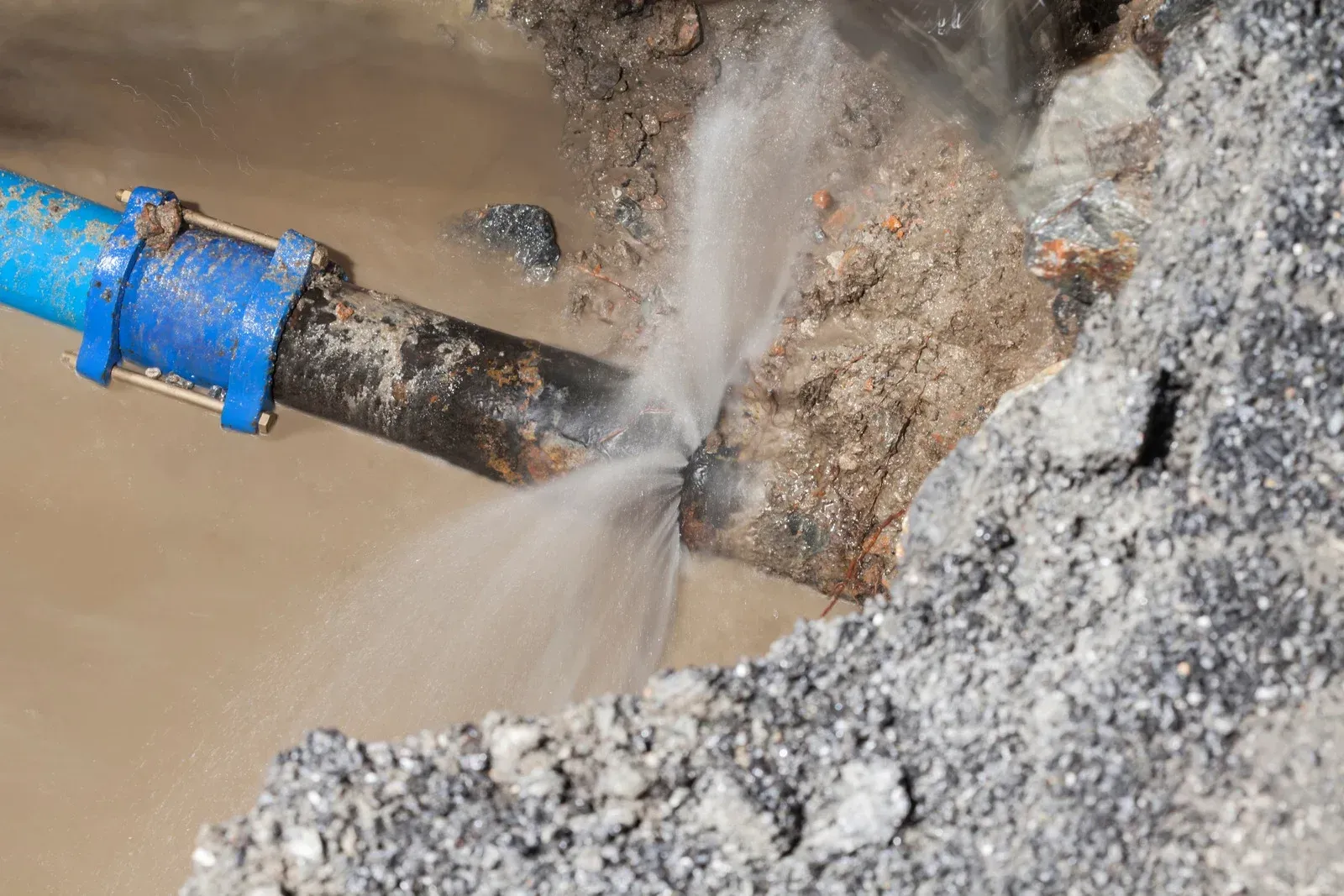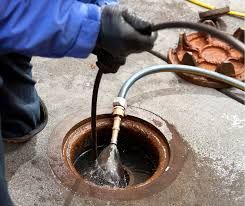Septic Drain Field Maintenance: How to Extend Its Lifespan
A properly functioning septic drain field is essential for effective wastewater treatment and disposal. It ensures that wastewater is safely absorbed into the soil, preventing backups and environmental contamination. However, without proper maintenance, your drain field can become clogged, leading to costly repairs or even system failure. Regular upkeep can extend the lifespan of your
septic drain field, saving you time and money in the long run. Whether you’re a homeowner or a business owner relying on a septic system, understanding best practices for maintaining your drain field is crucial. Below, we discuss key maintenance strategies to help you keep your septic system in optimal condition for years to come.
1. Conserve Water Usage
Excessive water use can overwhelm your septic system, reducing its efficiency and causing the drain field to become waterlogged. To prevent this, practice water conservation by fixing leaks, installing water-efficient fixtures, and spreading out laundry loads throughout the week. Avoid running multiple water-intensive appliances at the same time, as sudden surges in water flow can saturate the drain field, leading to potential system failure.
2. Avoid Heavy Traffic Over the Drain Field
Your septic drain field is not designed to withstand heavy weight. Parking vehicles, placing heavy structures, or driving over the area can compact the soil and damage the underground pipes, leading to blockages and reduced drainage efficiency. To maintain proper function, keep the drain field free from driveways, sheds, patios, or any heavy objects. Clearly mark the area to prevent accidental damage from construction or landscaping activities.
3. Be Cautious with Landscaping Choices
The vegetation around your drain field plays a significant role in its efficiency. Grass and shallow-rooted plants help stabilize the soil and prevent erosion. However, trees and shrubs with deep roots can invade septic pipes, leading to costly repairs. When landscaping near your septic system, choose plants with non-invasive root systems and ensure that trees are planted at a safe distance to prevent root infiltration into the drain lines.
4. Pump Your Septic Tank Regularly
Routine septic tank pumping is crucial to prevent solids from overflowing into the drain field. Over time, sludge and scum accumulate in the tank, and if not removed, they can clog the drain field, reducing its ability to absorb and filter wastewater properly. Experts recommend having your septic tank pumped every three to five years, depending on household size and water usage. Regular professional inspections can also help detect potential issues before they become major problems.
Proper maintenance of your septic drain field is essential for the longevity and efficiency of your septic system. By conserving water, protecting the drain field from heavy loads, making smart landscaping choices, and scheduling routine septic tank pumping, you can prevent costly repairs and extend the life of your system. Investing in proactive care today will save you from major headaches in the future.
Wincorp Master Plumbers
is a trusted plumbing service provider in Woodstock, Georgia, with over 36
years of experience. We specialize in septic system maintenance, including drain field inspections, repairs, and professional septic pumping. Our team is dedicated to providing high-quality solutions to keep your plumbing systems running efficiently. Contact us today for expert septic services.



